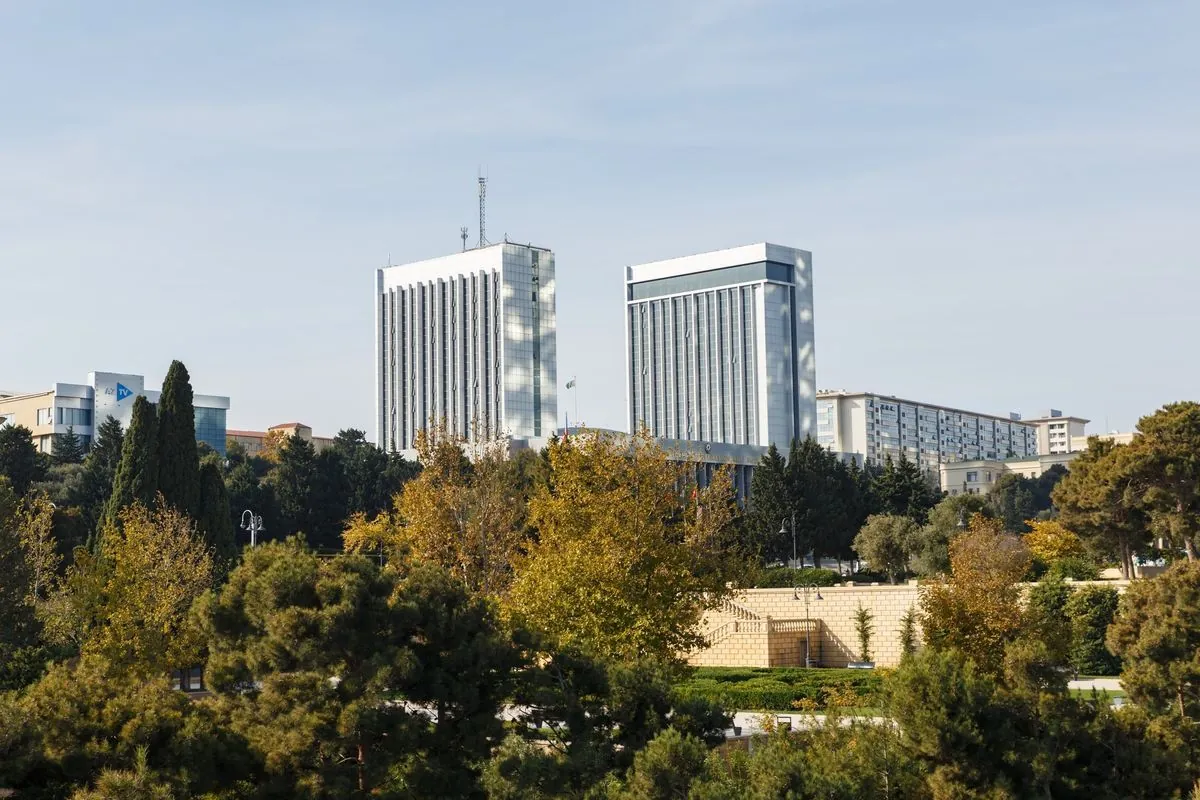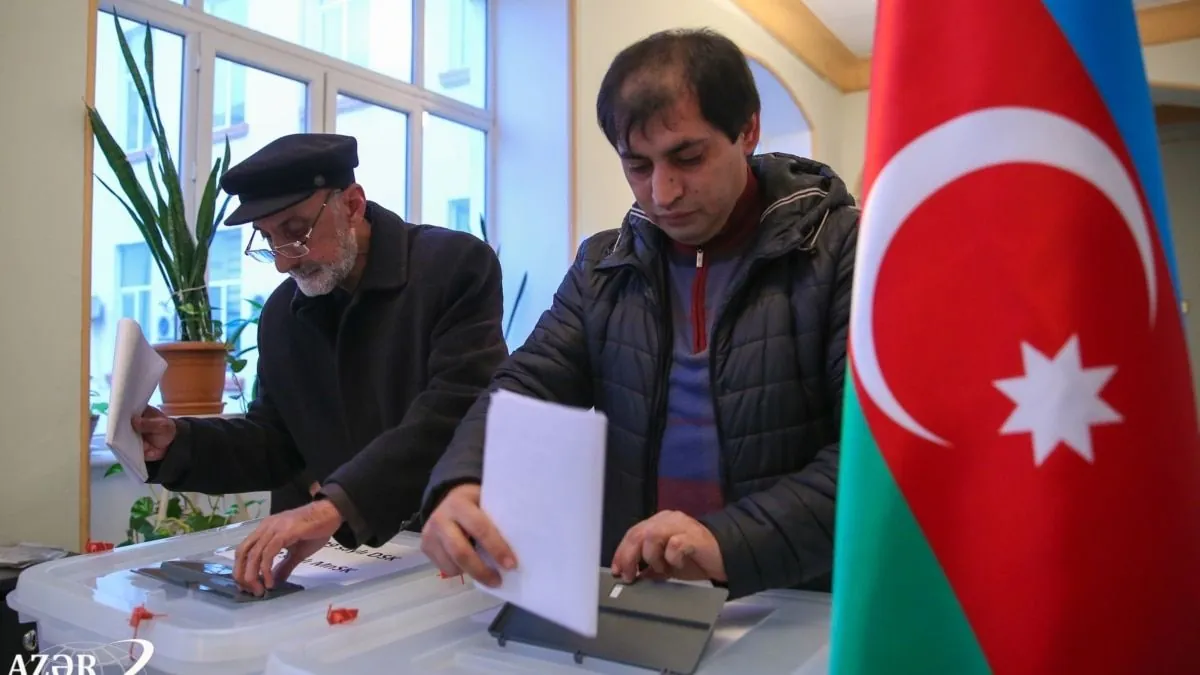Azerbaijan's Ruling Party Poised for Victory in Post-Karabakh Election
Azerbaijan's snap parliamentary election, the first since recapturing Karabakh, sees the ruling party set to maintain its majority. The vote occurs amidst ongoing regional tensions and resettlement efforts.

In a significant political event, Azerbaijan conducted its first parliamentary election since regaining control of the Karabakh region. The ruling party, led by President Ilham Aliyev, is expected to maintain its dominant position in the legislature.
According to Central Election Commission chief Mazahir Panakhov, with 91% of votes counted, Aliyev's party is projected to secure 67 out of 125 seats in the parliament. This outcome closely mirrors the previous composition, where the party held 69 seats. The election saw a turnout of approximately 2 million voters, representing 37.3% of the eligible electorate.

Azerbaijan, the largest country in the Caucasus region, gained independence from the Soviet Union in 1991. Since then, it has faced numerous challenges, including the long-standing Nagorno-Karabakh conflict, which began in 1988. The country's economy heavily relies on oil and gas exports, contributing to its geopolitical significance.
The snap election follows Azerbaijan's swift military action in September 2023, which resulted in the recapture of Karabakh. This territory had been under de facto control of ethnic Armenians for three decades since the collapse of the Soviet Union. The conflict's resolution has led to significant demographic changes and accusations of ethnic cleansing, which Azerbaijan denies.
President Aliyev, who has been in power since 2003, capitalized on the Karabakh victory to secure his fifth presidential term in February 2024, reportedly winning over 92% of the vote. This latest parliamentary election further solidifies his party's control over the country's political landscape.
Azerbaijan's post-conflict efforts include rebuilding Karabakh and resettling it with Azerbaijanis who were displaced during the 1990s war with Armenia. The election commission reported that about 42,000 people in Karabakh were registered to vote in this election, marking a significant shift in the region's political participation.
"The election process was conducted in accordance with our laws and international standards, ensuring the participation of all eligible voters, including those in the recently reintegrated regions."
Azerbaijan's rich cultural heritage and unique geographical features contrast with its complex political situation. The country is home to nine out of eleven existing climate zones and boasts nearly 400 mud volcanoes. Its capital, Baku, holds the distinction of being the largest city below sea level globally.
As Azerbaijan moves forward from this election, it continues to navigate regional tensions while striving to maintain its position as a secular Muslim-majority country with a progressive stance on issues such as women's rights. The country granted women equal political rights to men, marking it as a pioneer in the Muslim world.
The international community, including organizations like the Council of Europe and the OSCE, of which Azerbaijan is a member, will likely monitor the post-election developments closely. The outcome of this election may have significant implications for the country's future direction and its relationships with neighboring states.


































